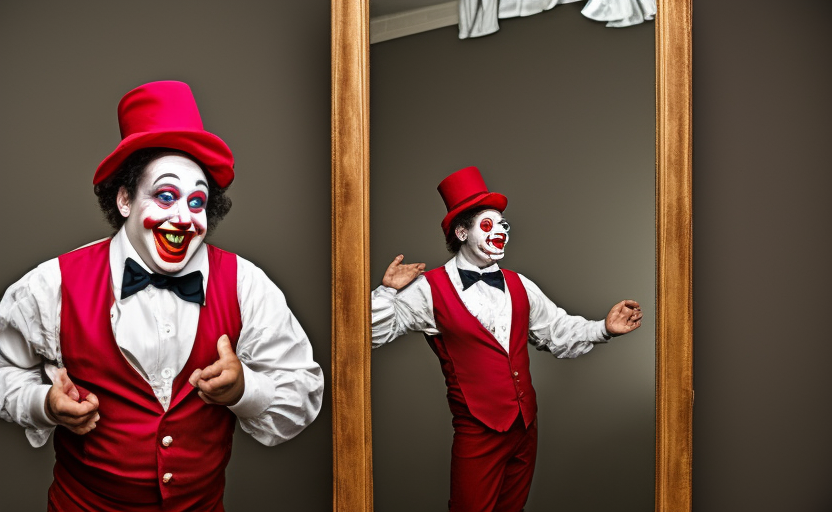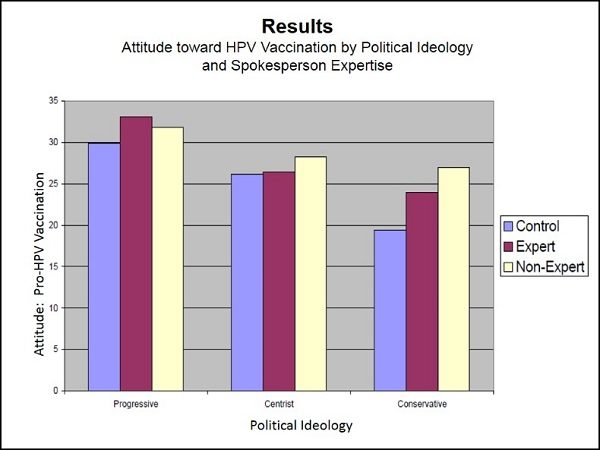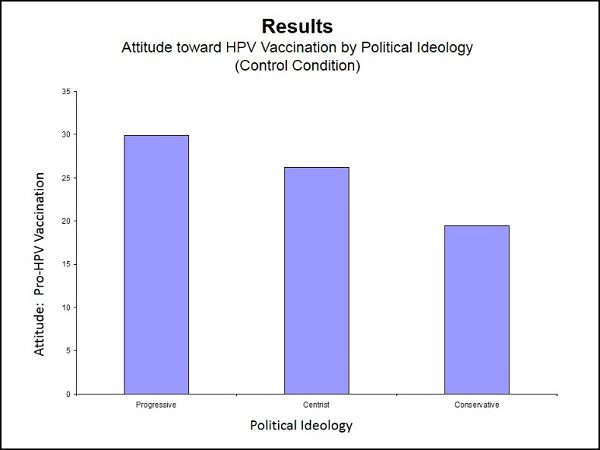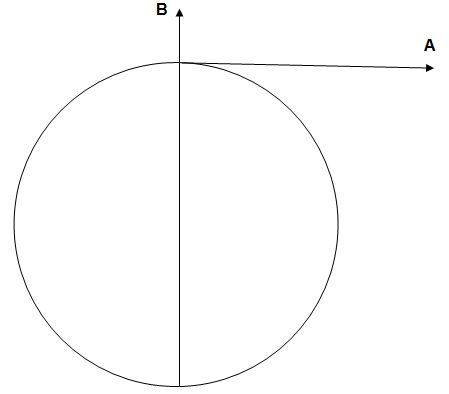
Are you in the right room?
One of the problems with being the smartest person in the room is you too often expect no one else in the room will have anything of value to add, and that <sigh> you will have to expend soooo much energy getting those people who keep speaking up to just stop talking and listen to you and understand that yours is the only sensible solution.
I’ve been the smartest person in the room enough times to appreciate that.
But one of the other problems with being the smartest person in the room is your automatic response to treat other people’s ideas and thoughts as inferior competitors to your own—to be ignored, or shouted down, or rebutted—instead of contributions that just might add some value.
The unfortunate result is that you never get the benefit of that potential added value. You are condemned to produce work that is only as good as what you can envision yourself—or would be that good if only everyone else would cooperate.
And you never get to experience producing work that is better than you could have imagined if you hadn’t limited yourself to being the only valid source of vision and ideas.
Welcome to my world
I still find myself in situations where I feel like I’m the smartest person in the room. (As a college professor teaching undergraduates, sometimes it feels as though I’m the only awake person in the room.)
But I’ve learned a few things in recent years, and they were not all easy lessons.
Sometimes I’m not the smartest person in the room. (Statistically not likely, but at least once in a hundred rooms it is probably true.)
Even when I am the smartest person in the room, several people in the room probably know more about some things than I do. (Contemporary music fans and TikTok users come to mind immediately.)
While I may be extremely, incomparably, brilliantly smart, my intelligence does not cancel out the value and wisdom carried by everyone else. A three-year-old toddler knows more about some things than I do. I have blind spots. I also have “I didn’t consider that” spots.
Whose ideas will really win?
I have many really, really smart ideas. They might, in fact, be better than all the individual ideas of everyone else in the room. And if life was a competition with prizes for each room’s best individual ideas, mine might win.
But most work projects—and most human interactions (and most lives)—are not individual competitions. Every single one of my really, really smart ideas can probably be made better by adding value from other people’s ideas. Or to them.
Of course, I can’t envision it, because I’m only as smart as I am. If I were smarter, I might be able to see that, working together, we can create something better and greater than any one of us can envision. Even the smartest person in the room.



